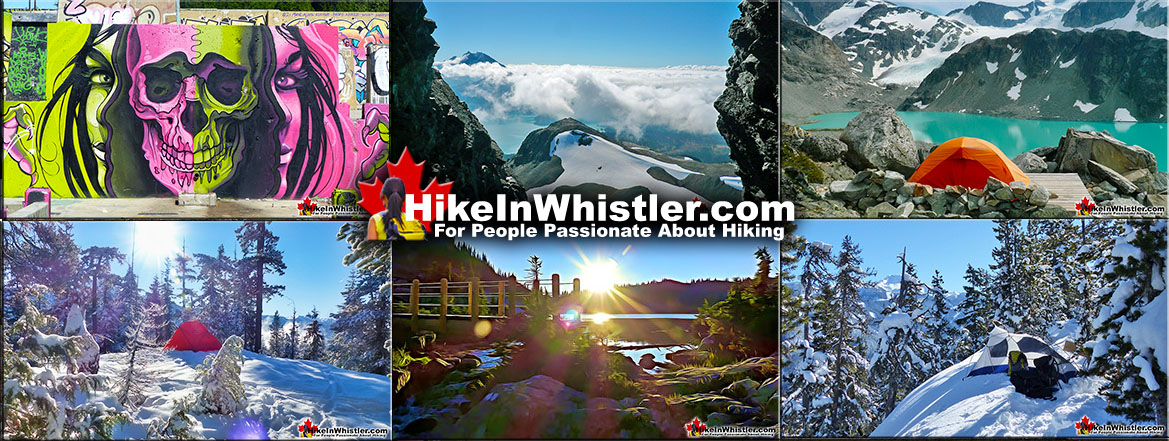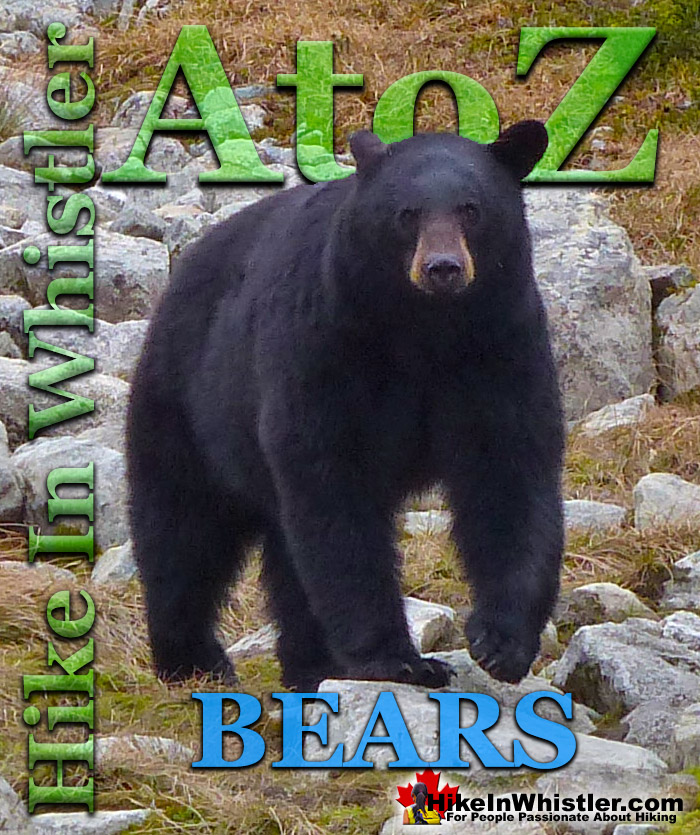
![]() Whistler, the surrounding mountains, and Garibaldi Provincial Park are home to two types of bears. Black bears and grizzly bears. Black bears are frequently seen throughout the valley and often in Whistler Village. Grizzly bears, on the other hand, are rarely seen, and only deep in the wilderness, well away from Whistler Village. Black bears around Whistler are generally skittish and will flee into the forest when approached by people.
Whistler, the surrounding mountains, and Garibaldi Provincial Park are home to two types of bears. Black bears and grizzly bears. Black bears are frequently seen throughout the valley and often in Whistler Village. Grizzly bears, on the other hand, are rarely seen, and only deep in the wilderness, well away from Whistler Village. Black bears around Whistler are generally skittish and will flee into the forest when approached by people.
Whistler & Garibaldi Hiking
![]() Alexander Falls
Alexander Falls ![]() Ancient Cedars
Ancient Cedars ![]() Black Tusk
Black Tusk ![]() Blackcomb Mountain
Blackcomb Mountain ![]() Brandywine Falls
Brandywine Falls ![]() Brandywine Meadows
Brandywine Meadows ![]() Brew Lake
Brew Lake ![]() Callaghan Lake
Callaghan Lake ![]() Cheakamus Lake
Cheakamus Lake ![]() Cheakamus River
Cheakamus River ![]() Cirque Lake
Cirque Lake ![]() Flank Trail
Flank Trail ![]() Garibaldi Lake
Garibaldi Lake ![]() Garibaldi Park
Garibaldi Park ![]() Helm Creek
Helm Creek ![]() Jane Lakes
Jane Lakes ![]() Joffre Lakes
Joffre Lakes ![]() Keyhole Hot Springs
Keyhole Hot Springs ![]() Logger’s Lake
Logger’s Lake ![]() Madeley Lake
Madeley Lake ![]() Meager Hot Springs
Meager Hot Springs ![]() Nairn Falls
Nairn Falls ![]() Newt Lake
Newt Lake ![]() Panorama Ridge
Panorama Ridge ![]() Parkhurst Ghost Town
Parkhurst Ghost Town ![]() Rainbow Falls
Rainbow Falls ![]() Rainbow Lake
Rainbow Lake ![]() Ring Lake
Ring Lake ![]() Russet Lake
Russet Lake ![]() Sea to Sky Trail
Sea to Sky Trail ![]() Skookumchuck Hot Springs
Skookumchuck Hot Springs ![]() Sloquet Hot Springs
Sloquet Hot Springs ![]() Sproatt East
Sproatt East ![]() Sproatt West
Sproatt West ![]() Taylor Meadows
Taylor Meadows ![]() Train Wreck
Train Wreck ![]() Wedgemount Lake
Wedgemount Lake ![]() Whistler Mountain
Whistler Mountain
![]() January
January ![]() February
February ![]() March
March ![]() April
April ![]() May
May ![]() June
June ![]() July
July ![]() August
August ![]() September
September ![]() October
October ![]() November
November ![]() December
December
Unlike grizzly bears, black bears are usually shy and rarely aggressive toward people. If you surprise a bear, make it feel trapped or get too close, you may get swiped with a claw as the bear escapes. To avoid conflicts with black bears, one method is to make yourself known. For example, if hiking in the forest a bear bell is a good way to announce your approach to bears in the area. Bears have tremendously good hearing, however, so your foot steps should alert bears to your presence. If you encounter a black bear in Whistler, you should make yourself heard and seen without being threatening. Talk in a calm voice and back away from the bear slowly. Black bear attacks tend to be entirely the fault of the humans involved. Whether a person doesn’t back away, but tries to get closer, or tries to feed a bear. Or a combination of these. In Whistler, if garbage is not secured and bear proof, it will eventually attract a bear to tear it apart. Then, a person will accidentally or purposely get too close and trigger a panicked attack from the bear. Black bear attacks in Whistler always seem to be of this type, however even these are pretty rare. There has never been an unprovoked bear attack in Whistler and the provoked bear attacks result in minor scratches from a claw swipe. Your best strategy if you find yourself in a close up conflict with a black bear is to back away if you can or fight back. Playing dead will not help you with a black bear, however playing dead has been known to work with grizzly bears.
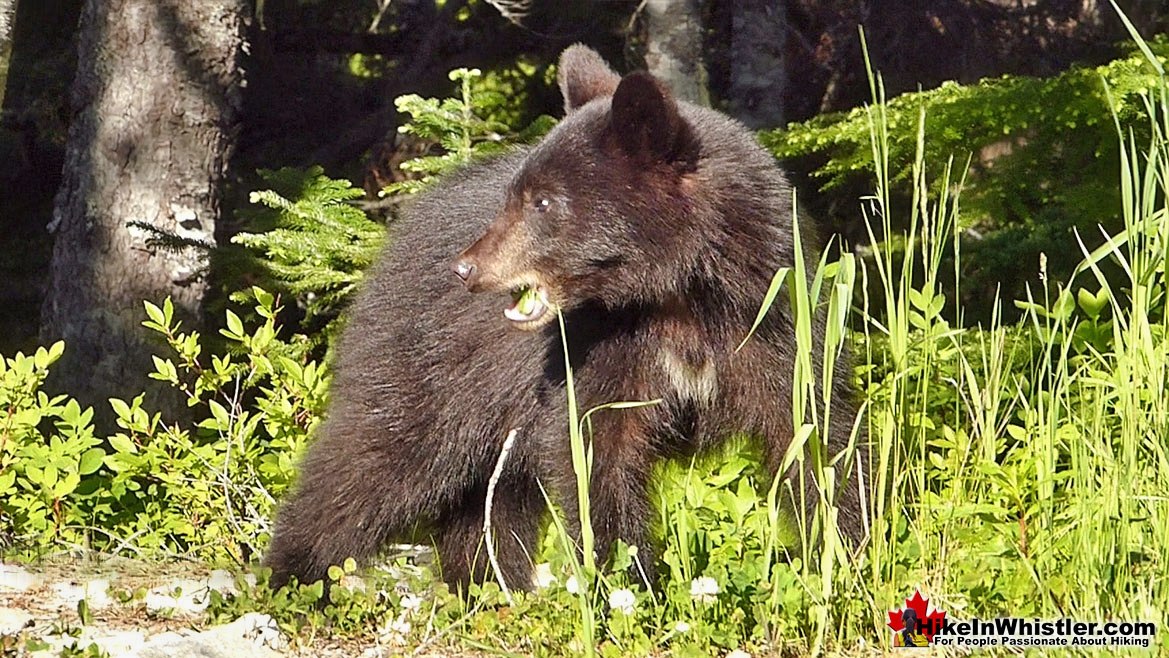
How can you tell the difference between a black bear and a grizzly bear? Grizzly bears have a noticeable shoulder hump and black bears don’t. Grizzly bears have short, round ears and black bears have tall, pointed ears. Grizzly bears have long, light coloured claws and black bears have short dark claws. Grizzly bears have a noticeably dish shaped face, whereas black bears have a pointed, straight face. The fur colour of black bears and grizzly bears vary quite a bit and is not a very useful indicator of which is which. Black bears are often shades of brown and some quite a light brown colour. Grizzlies are often a dark brown, almost black colour, however most are some shade of brown. Another characteristic that differentiates the two species of bears is their size. Black bears weigh 150-600 pounds, while grizzlies weigh 400-1000 pounds.
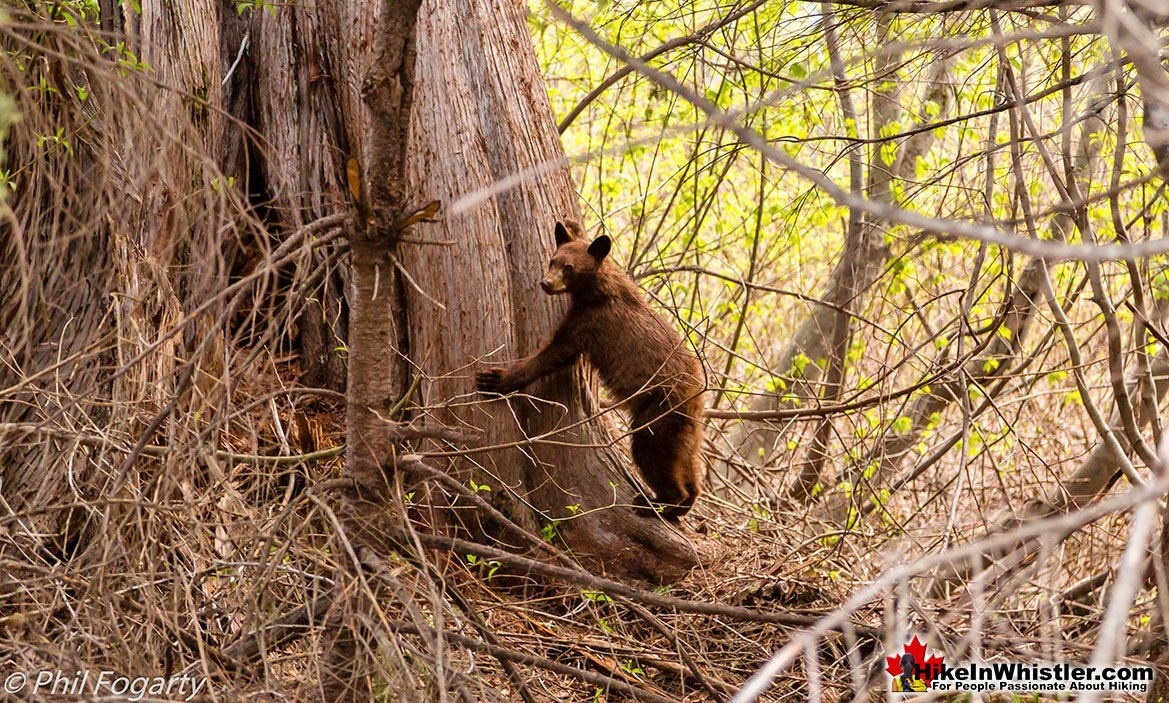
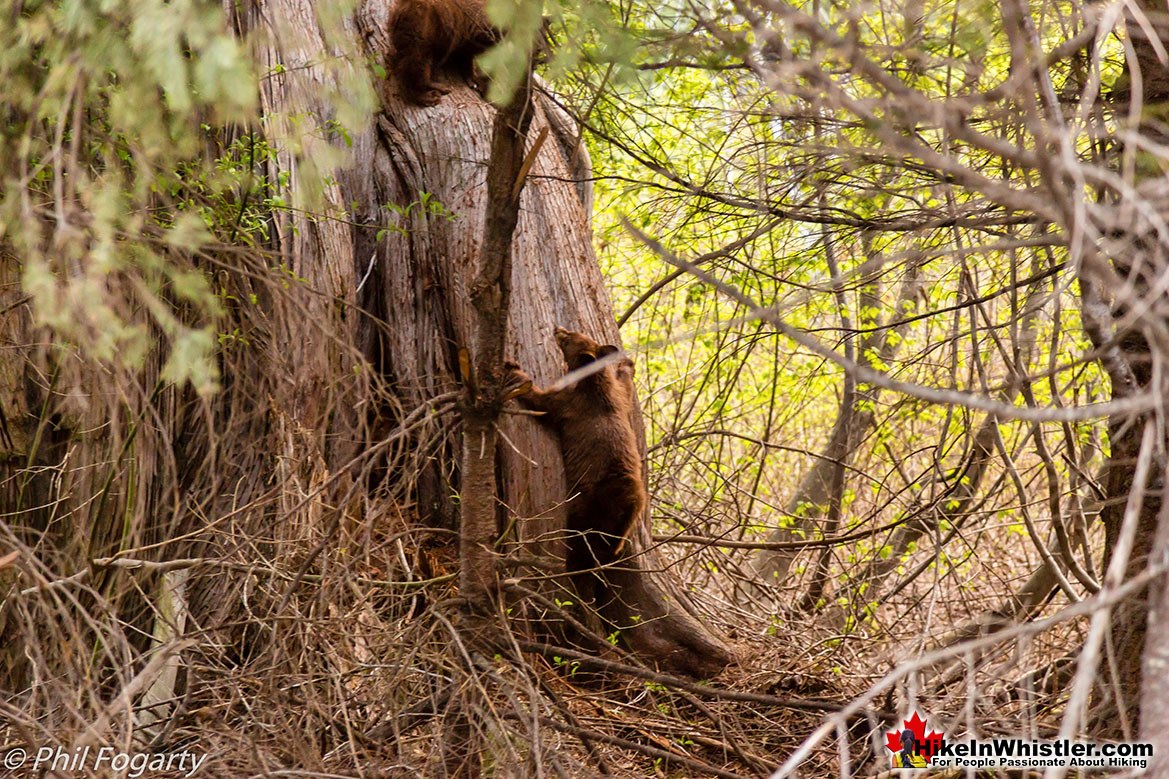
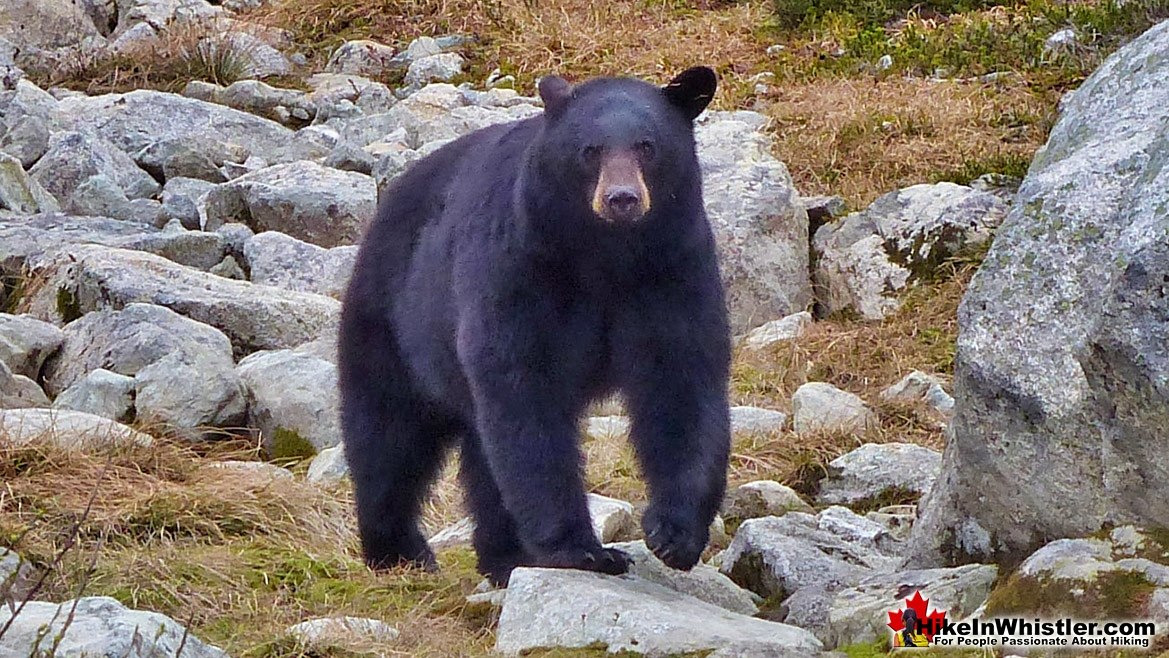
Black bears tend to favour living in thick forests in fairly inaccessible terrain. If you have hiked in Whistler and gone off the trail you will likely find yourself in steep terrain, thick with a tangle of trees and bushes. Bushwhacking in Whistler tends to leave you exhausted, scratched and covered in sweat. Black bears, it is thought, have evolved to prefer this terrain as a survival method while living alongside bigger, aggressive species of bears like grizzlies and the now extinct short-faced bear. Thick inaccessible terrain shields black bears from past and present predators, but also gives it access to a variety of food. Black bears are omnivores that eat a huge variety of berries, acorns, bird eggs, fish, or any dead animals they encounter. They don’t tend to go after large prey very often. Black bears forage for food as much as twenty hours a day, especially in the fall months in preparation for hibernation.
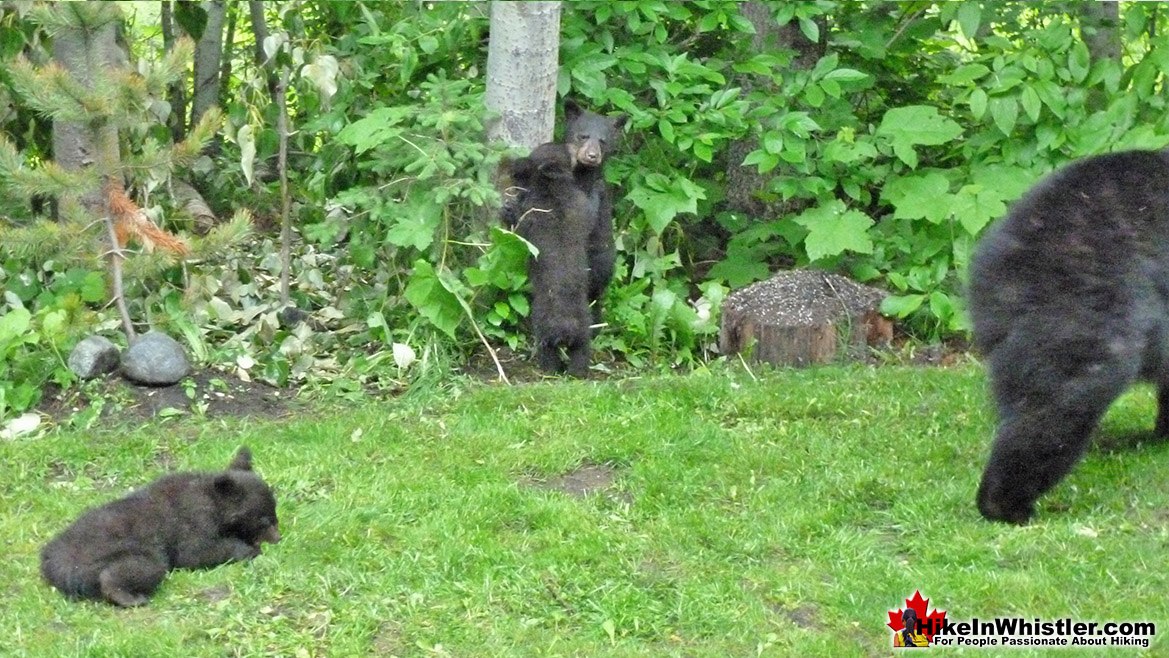
Black bears have an average lifespan of 18 years, however many wild bears live well into their twenties. Black bears mate in the summer months and female bears give birth while in hibernation. Usually one to four cubs are born, weighing less than a pound each. In the spring they emerge from hibernation and are able to travel with their mother in search of food. Cubs remain with their mother until their second summer, then they head off on their own to establish their own territory to live. Male black bears are very territorial and scratch trees to show their dominance of a region. The higher the scratch marks on the tree, the more dominant the male bear. Black bears have incredibly good hearing and their sense of smell is thought to be seven times greater than a dog. Their eyesight is pretty good as well, similar to a humans ability to see, however they don’t distinguish the yellow-red-orange colour spectrum as well as we do. Their close up vision is very good, better than humans, however their ability to see far is not as good as ours.
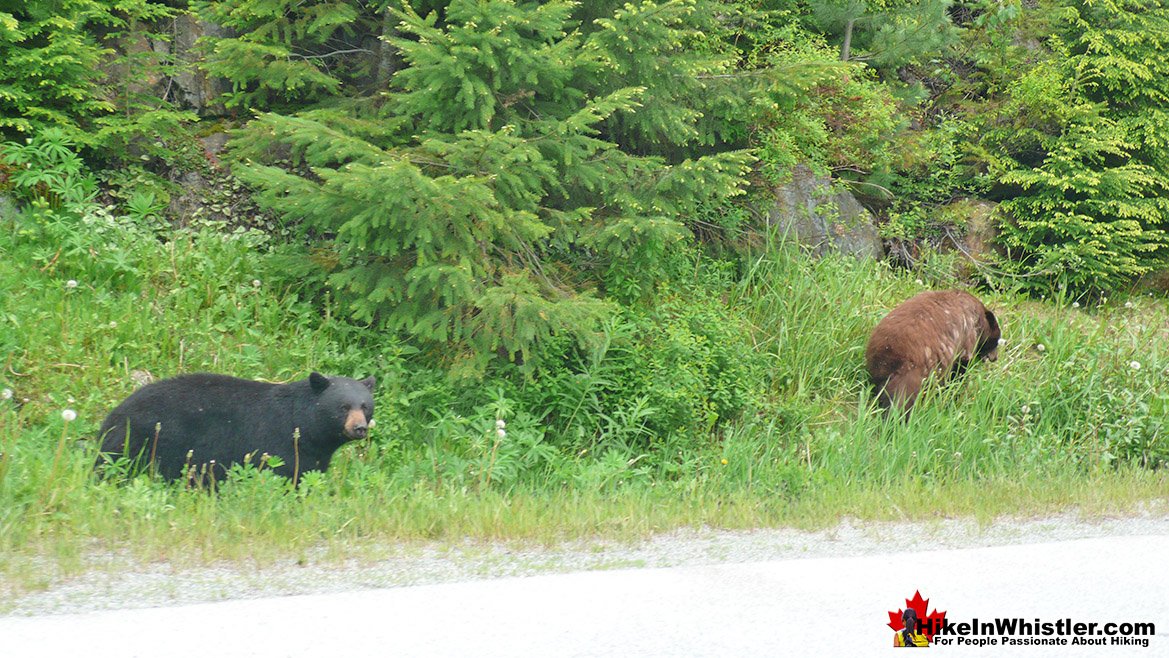
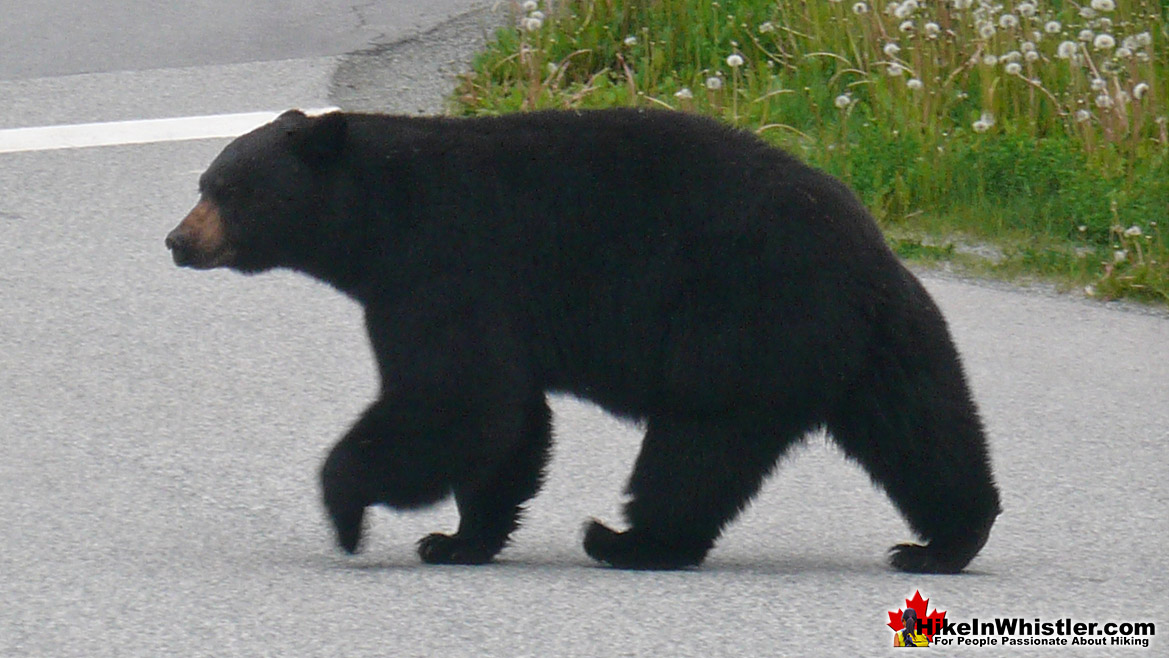
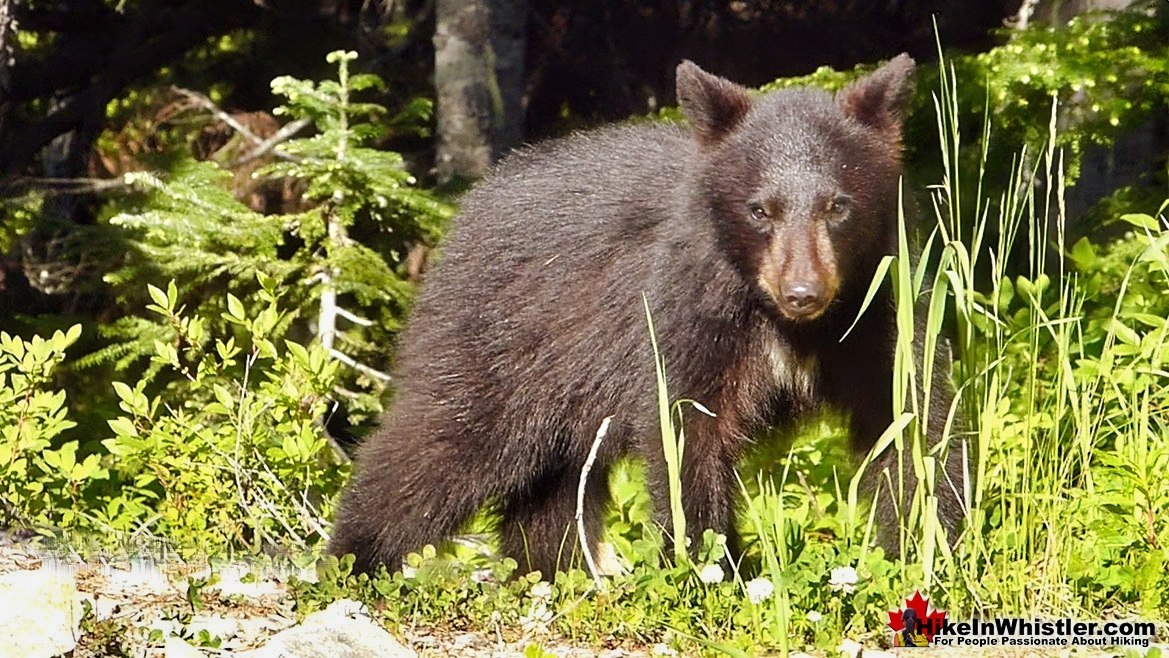
Their short, powerful, sharp claws are amazingly adapted for climbing trees which they do often. It is fairly common, when encountering bears in Whistler, to find them avoiding people by climbing up trees. Bear cubs do this with astounding agility, despite their very young age and clumsy walking. Black bears can run very fast at about 50 kilometres per hour and are very capable of running up or down steep hills. Black bears have surprisingly good memories and ability to learn new techniques and reapply new methods over spans of time. If you have lived in Whistler for a few years, you will notice the robust and expensive bear-proof garbage bins at all the parks and throughout Whistler Village have had to evolve to remain bear-proof. There have been three different iterations of these garbage bins in recent memory. As the bears figure out the trick to opening the garbage can, it quickly spreads to other bears and makes hundreds of bear-proof garbage cans obsolete.
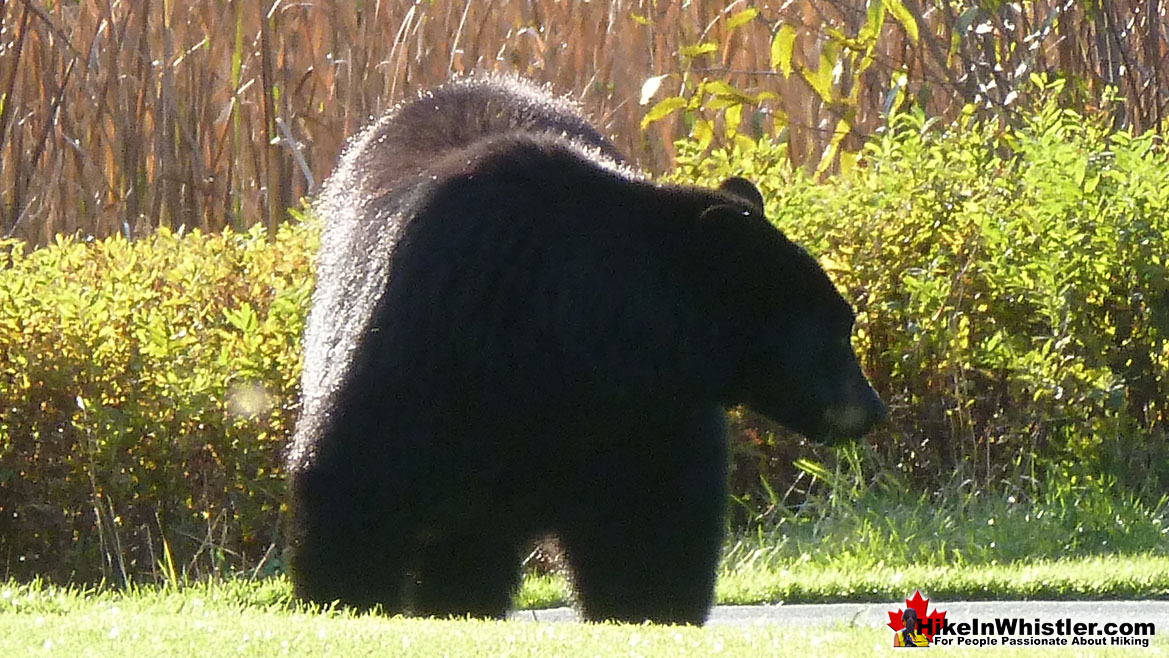
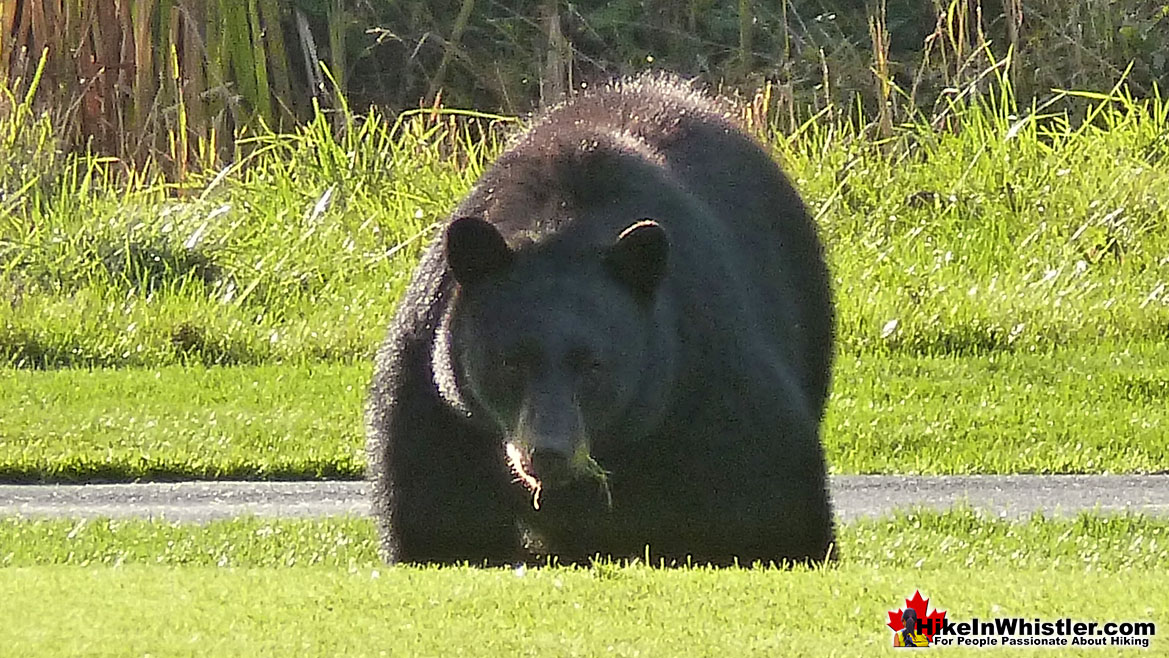
Black bears are more active in the early morning and early evenings in the summertime. They love eating grass and you often see them on one of the golf courses in Whistler Village. Whistler Golf Course adjacent to The Village has the Valley Trail running around it and bears are spotted on the trail or golf course frequently. Hiking trails around Whistler tend to have plenty of black bear sightings. The Cheakamus Lake trail is very popular with black bears and you will find well used and elaborate food hanging cables. There are several bear tours in Whistler, where they drive you to popular bear locations. They have special access to Whistler Mountain and Blackcomb Mountain for this purpose. The Callaghan Valley is another popular place for bear tours to take tourists.
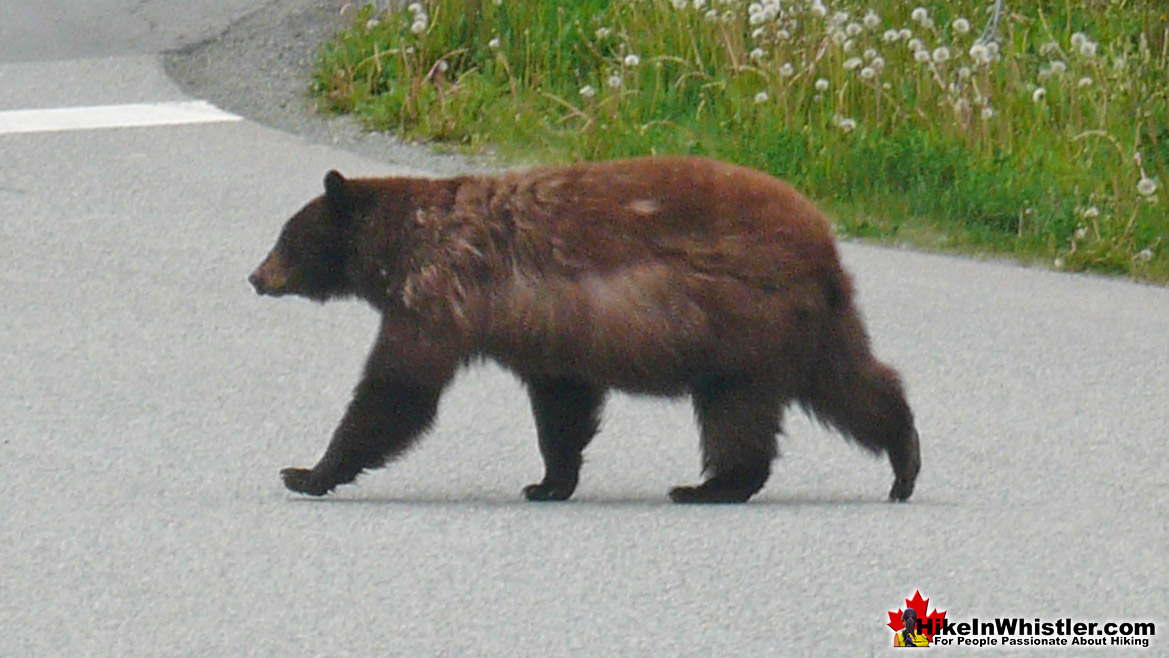
The Callaghan Valley is just south of Whistler and you often see several bears along the long road into the alpine. The road takes you way up into the mountains ending at Whistler Olympic Park, where some events for the 2010 Olympics were held. It is a nice, paved road that takes you up to some excellent views across the valley as well as some beautiful sights. Alexander Falls is up in the Callaghan Valley as well as the beautiful Madeley Lake, Callaghan Lake and Cirque Lake. There is also a 4x4 access road to the new trailhead for the recently built Sproatt Alpine trail network. Back down near the Sea to Sky Highway turnoff is the access road for the hiking trail to Brandywine Meadows. And just down the highway is Brandywine Falls. Lots of sights to see in the Callaghan Valley to go with the bears.
More Whistler & Garibaldi Park Hiking A to Z!
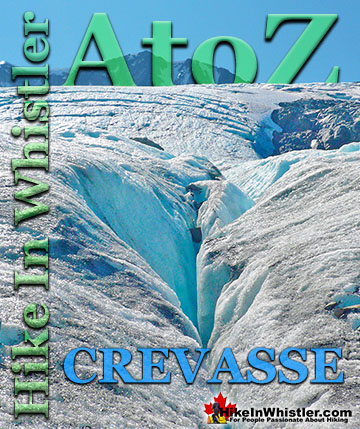
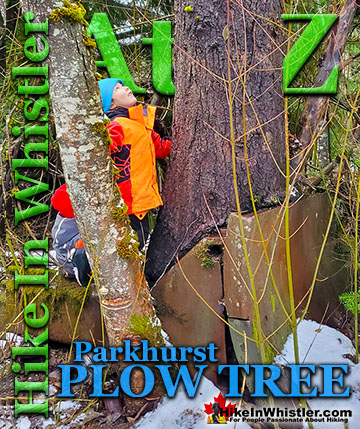
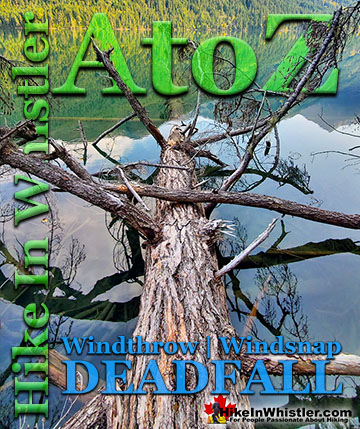
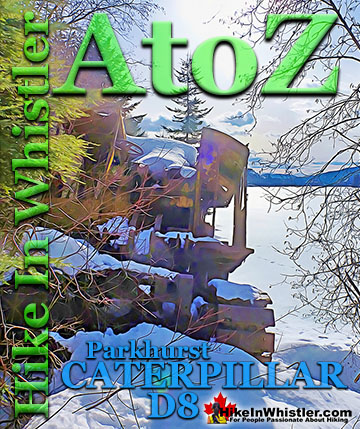
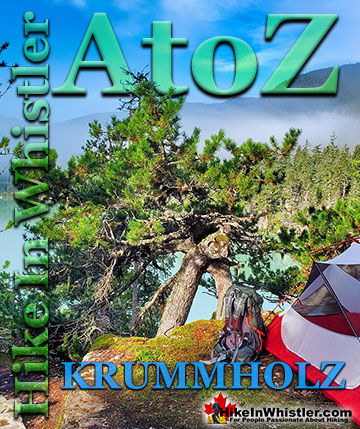
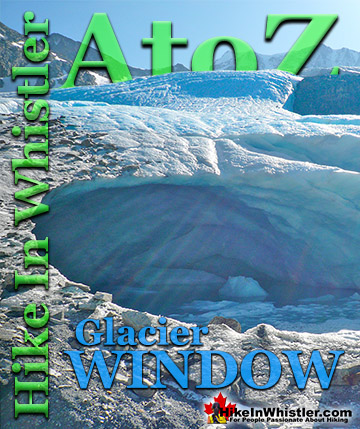
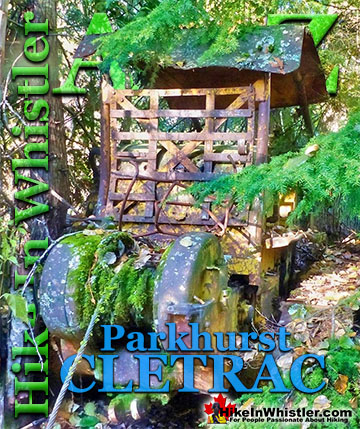
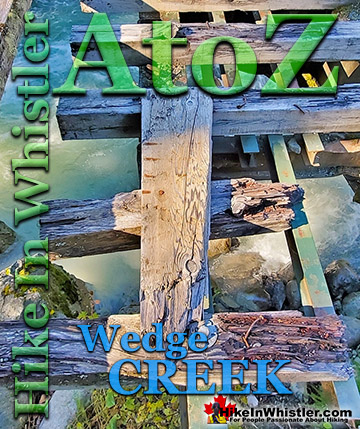
The Best Whistler & Garibaldi Park Hiking Trails!
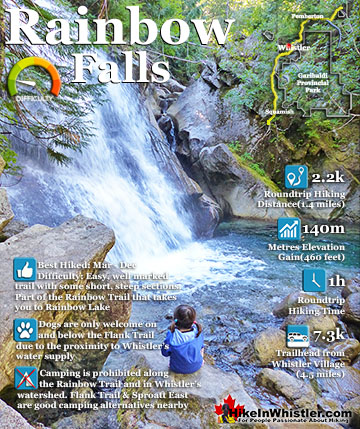
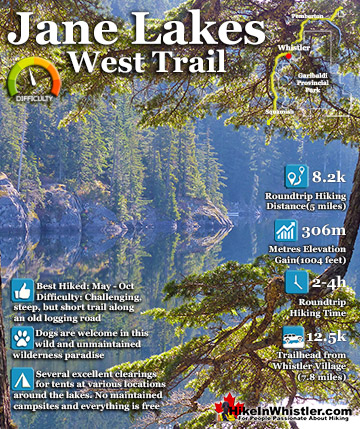
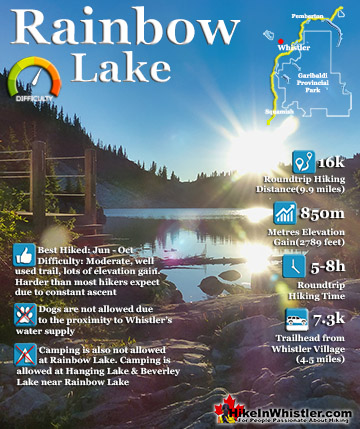
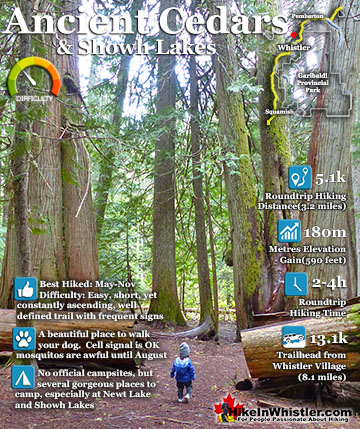
Whistler & Garibaldi Park Best Hiking by Month!
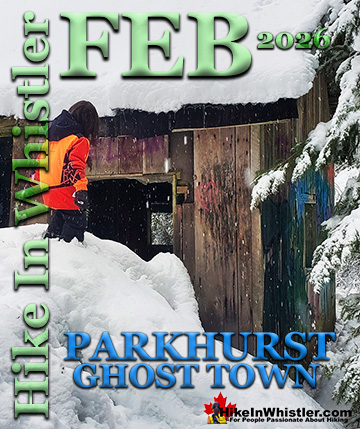

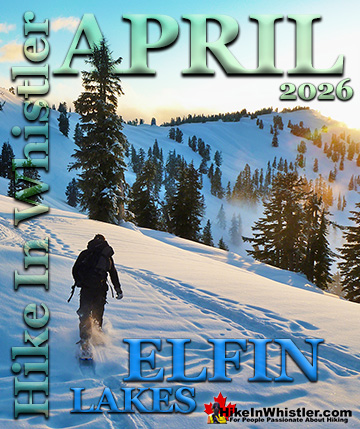

Explore BC Hiking Destinations!
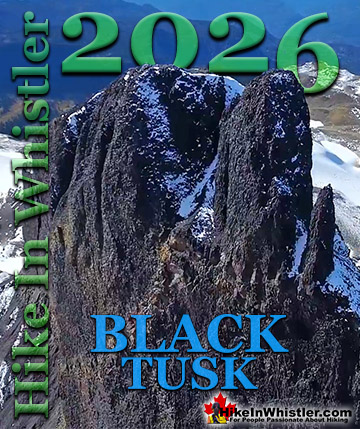
Whistler Hiking Trails
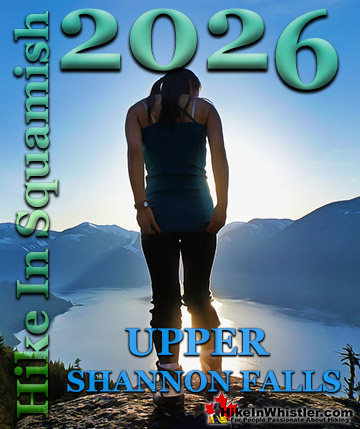
Squamish Hiking Trails
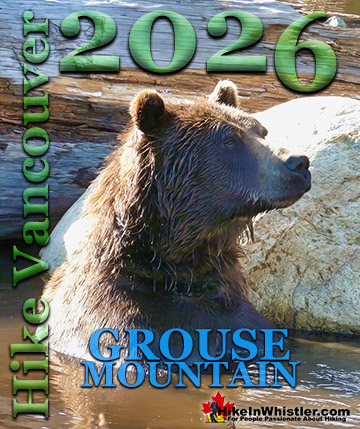
Vancouver Hiking Trails

Clayoquot Hiking Trails
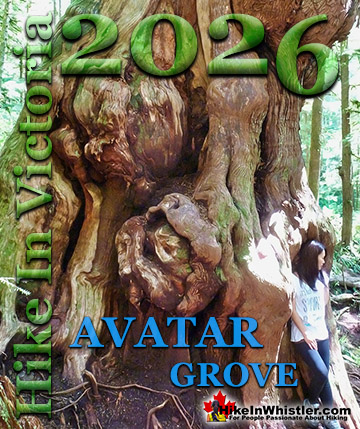
Victoria Hiking Trails


